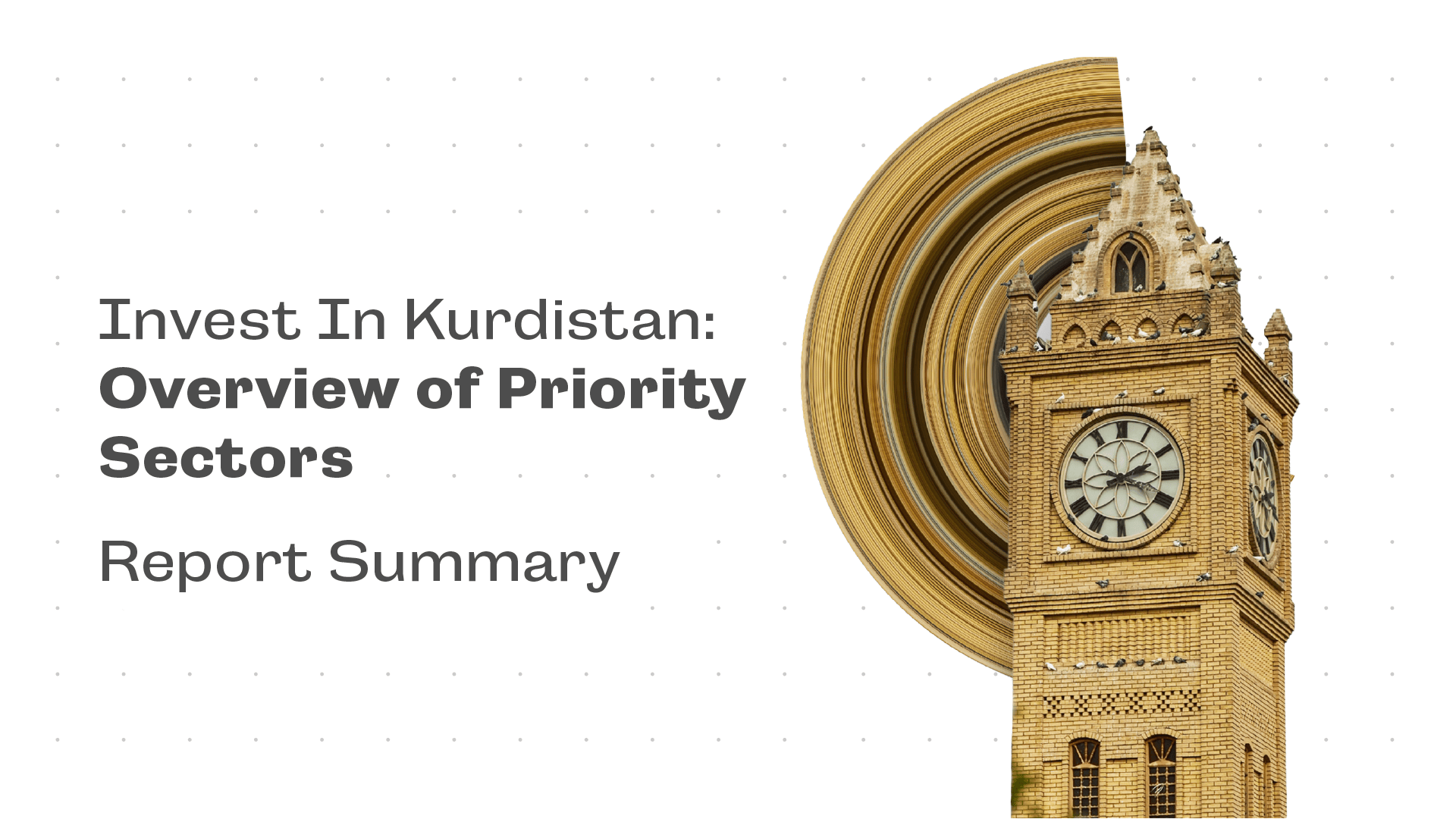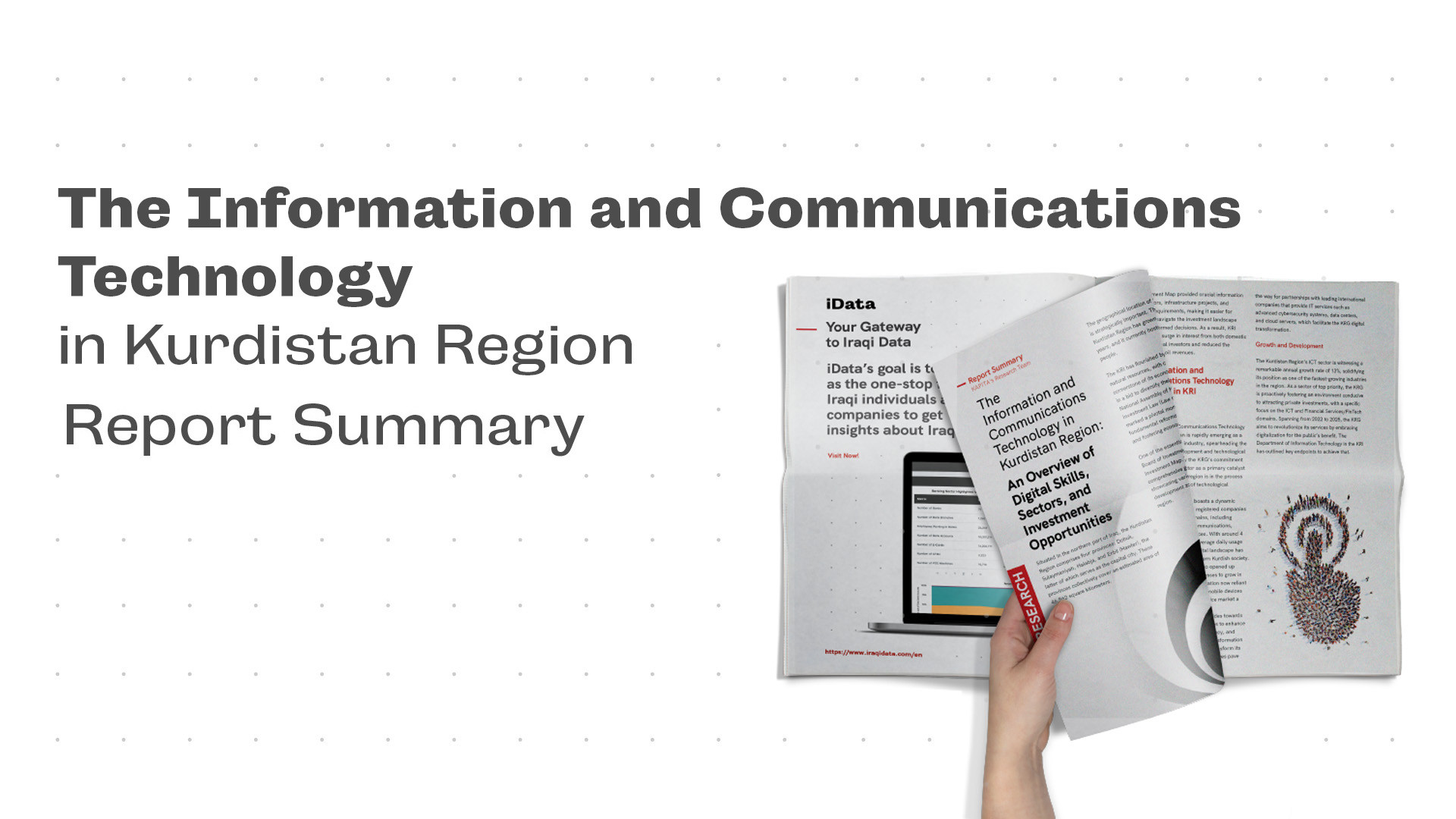Yahya Sami
MERLA Consultant, Management Specialist, Freelance Trainer, and Engineer
There is a widespread tendency in Iraq to favor public-sector employment; this is an issue with a lot of economic repercussions. The public sector wages bill costs Iraq a significant portion of the annual national budget. This, combined with the dangerously high levels of corruption, represents a substantial impediment to the economic development so sorely needed in Iraq. However, with all of the aforementioned economic strain that public sector employment causes, it is still the most favorable form of employment for young Iraqi citizens. Why would some young people be willing to use connections and pay thousands of dollars in bribes to land a public job that significantly pays less? What are the underlying root causes that lead public sector employment to be so enticing? There are, in fact, many reasons that gave public sector employment an upper hand over the private sector. These reasons include, but are not limited to, job security, pensions, and minimal job responsibilities.
Job Security
The public sector offers job security unrivaled by the private sector because once one is employed in the public sector, they are effectively employed for life. It is common knowledge that it is very rare for a public sector employee to be fired on their performance only. Reasons to fire an employee have to be something far greater than performance, and it would take a long bureaucratic procedure, which could be overturned due to corruption and connections or even swept under the carpet.
On the other hand, even though private sector employment might be more financially lucrative than public sector employment, it cannot compete with the job security that the public sector provides, for better or worse. Job security in the private sector depends on the organization and its internal management system. In many cases, though, the private sector employee can find themselves jobless at a moment’s notice, mostly without a notice period. These circumstances can be attributed to the lack of employment laws and regulations, that even when they exist, they are barely enforced. Many of these laws were created for a socialist country, which Iraq no longer is. There is some favoritism towards the employer in some cases. Furthermore, in terms of enforcement of the laws, it has no governmental support for private sector employees, whereas in other countries, the government will assign lawyers to handle private sector employees’ grievances. In fact, many Iraqis are employed in the private sector without the basic security of a contract. However, this issue falls back on the lack of knowledge among employees about the necessity of a contract and other basic labor rights.
Pension Plans
One of the biggest public sector employment incentives is pension plans. These plans are not perfect, of course, yet they are a reality for many retirees and exciting prospects for many current employees. It is more of a safety net that the average Iraqi retiree can rely on for a decent life after retirement.
Pension plans within the private sector are virtually non-existent and, at best, are brittle. As aforementioned, in many cases, private sector employees do not have contracts, which in itself hinders any legal possibility of acquiring a pension because they will not be registered in the social security system. Occasionally an employee may see some taxation and social security deducted from their salary without any employment contract benefits in place; this might be an indicator that there might be some manipulation from the employer. According to the current labor laws, if the employee is registered in the social security system of the private sector, there must be a monthly deduction of 5% of their base salary.
The employer must also pay social security of 12% of that employee’s monthly base salary. This accumulates to 17% of the base salary that the employee is entitled to receive if they have been out of work for a period that is no less than a year by the social security department upon the beneficiary’s request. However, in reality, the percentage that is not paid in full, only amounts to 8% to 8.5% of the deducted 17%. Either the amount is paid in a one-time sum payment or on a monthly basis. This amount, in one sum or monthly basis, falls short of being financially viable for any individual, let alone an individual with a family and responsibilities.
Minimal Job Responsibilities
The public sector offers something that the private sector cannot afford, the minimal effort required for the job. Public sector employment enjoys a high level of procrastination, with a commonly held belief that is cited by papers discussing public sector employment in Iraq that the public sector employee averages 17 minutes of actual work per day. The number is likely to be exaggerated, yet, the fact it is a held and cited belief is an indicator of the insufficiency of public employment. In addition to that, there are many paid public holidays and personal time off that the public sector employee enjoys. Also, public employment does not provide any job development for its employees. There are no skills and knowledge to be gained to enhance their performance, and the fact that the job is secured almost for life, there is no need to do so. This reason solely might be behind the most contributing factor to the estimated 17 minutes of productivity and the public perception of the inefficiency of the public sector in general.
The differentiating factor between the private sector and the public sector is that the private sector will require individuals to be productive, have and develop further skills, and lack, sometimes to a fault, holidays and time off. In the private sector, the employee's performance ends with the company's profits, and when an employee is not doing their job, the company loses money. Therefore, the more productive the employee is, the more they are able to gain new skills and advance themselves, and the more secure their job is. Also, the fact that the private sector has fewer public holidays and sometimes even longer working weekdays, not just the five weekdays, will, by default, make them more productive than those in the public sector.
Shared Grievances between the Public and Private Sectors’ Employment
Despite the many differences between public and private sector employment, there are some points that the two share which need improvement. Some private sector entities are run through nepotism and bribery to secure employment. It disregards skills or knowledge because some businesses are family-run businesses that prefers to hire incompetent relatives rather than skilled employees. That is not much different from the public sector in which similar practices are practiced. Both deny equal opportunities for job seekers.
What Needs to Be Done?
The issues we have discussed represent the main reasons why public employment seems to become a more attractive employment option for Iraqis. This is a genuinely problematic predicament as the rising demand for renewable, sustainable, clean, green energy worldwide is creating less demand for fossil fuels. Iraq relies on 95% of its revenue through the exportation of fossil fuels. The fact that the public sector wage budget comprises a sizable portion of the annual national budget cannot be sustainable for the economic growth of the country if anything happens to the oil prices. Therefore, it is very vital to understand that one of the most important steps that Iraq can take to create a better economy is to push toward the private sector. The government needs to do what it takes to make the private sector a more attractive option. To achieve these results, the government needs to enforce the existing rules and regulations of the employment laws. As well as adding new employee favorable laws that would make working in the private sector feel more secure and sustainable. Empowering the private sector will yield results across the board, not just for its employees. The effects will ring wide and large across the whole economy and will assist with the reduction, and in ideal circumstances, the eradication of the issue of unemployment.
Addressing this issue is very urgent, it cannot be put on the back burner any longer. The Iraqi middle class cannot be sustained if a push towards the empowerment of the private sector and the private sector employee as well did not happen soon. Planning for solutions to this issue and actually implementing them is key to a healthy economy. An economy that is focused on the renovation and rehabilitation of industry and agriculture will lead to more job creation, resulting in a better internal cash flow and more internal financial stability. A healthy private sector that is held accountable to shareholders, the public, and its employees, is the key contributor to a healthy economy.






